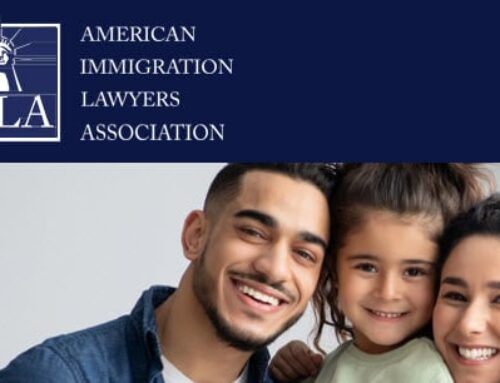On May 15, 2020, Immigration, Refugees and Citizenship (IRCC), announced that it will begin accepting a total of 2,750 applications annually, to the Agri-Food Pilot. This is a two-month delay from the original March application date. The 3-year pilot will run from May 15, 2020 until May 15, 2023 and will test an industry-specific approach to help employers in the meat processing, mushroom and greenhouse production, and livestock-raising industries fill ongoing labour needs for full-time, year-round employees. Existing travel restrictions imposed by the Government of Canada continue to apply.
The Agri-Food Pilot helps address the labour needs of the Canadian agri-food sector, as well as provide a pathway to permanent residence for many non-seasonal temporary foreign workers in specific industries and occupations who are currently in Canada.
Canada has introduced many economic immigration programs to meet the mandate of bringing in new immigrants. This includes the Atlantic Immigration Pilot, the Rural and Northern Immigration Pilot, the Caregivers Pilots, the Global Skills Strategy, Express Entry and the Provincial Nominee Program. Immigration programs continue to operate despite of the impact of COVID-19; however, many programs have been adjusted to deal with the pandemic.
In order to qualify under the Agri-Food Pilot program, you must have (1) 1 year of non-season, full-time eligible Canadian work experience in the last 3 years; (2) Worked in one of the Eligible Industries; and (3) In an Eligible Occupation
Eligible industries under the pilot are:
- meat product manufacturing (NAICS 3116)
- greenhouse, nursery and floriculture production, including mushroom production (NAICS 1114)
- animal production, excluding aquaculture
- cattle ranching and farming (NAICS 1121)
- hog and pig farming (NAICS 1122)
- poultry and egg production (NAICS 1123)
- sheep and goat farming (NAICS 1124)
- other animal production (NAICS 1129)
Eligible Occupations Include:
- Meat Product Manufacturing (NAICS 3116), eligible jobs:
- NOC B 6331 – Retail butchers
- NOC C 9462 – Industrial butchers
- NOC B 8252 – Farm supervisors and specialized livestock workers
- NOC D 9617 – Food processing labourers
- Greenhouse, Nursery and Floriculture production, including mushroom production (NAICS 1114), eligible jobs are:
- NOC B 8252 – Farm supervisors and specialized livestock workers
- NOC C 8431 – General farm workers
- NOC D 8611 – Harvesting labourersima
- For anl production, excluding aquaculture (NAICS 1121, 1122, 1123, 1124 and 1129), eligible jobs are:
- NOC B 8252 – Farm supervisors and specialized livestock workers
- NOC C 8431 – General farm workers
Application limits by eligible occupation
Annual limits are placed on the number of applications that will be processed for each eligible occupation. Starting on January 1 of each year, applications will be processed on a first-come, first-served basis. This pilot is a 3-year program.

If your application is rejected because the annual limit for your occupation category has been reached, your application fees will be refunded.
Job Offer
Must receive a permanent, full-time offer of genuine employment, in an eligible occupation and eligible industry
Other Requirements
You must prove your ability in English or French.
The minimum language requirements are Canadian Language Benchmarks (CLB) or Niveaux de compétence linguistique canadiens (NCLC) Level 4 in reading, writing, speaking and listening
You must submit your results from an approved language test. These results must be less than 2 years old when you apply.
Education Requirements
Minimum of:
- a Canadian high school diploma, or
- an educational credential assessment (ECA) report from a designated organization or professional body showing that you completed a foreign credential at the secondary school level or above
- The ECA report must be less than 5 years old on the date of your application.
- The original ECA report must have been issued on or after the date the organization was designated.
Settlement Funds
- You must prove that you have enough money to settle in Canada. You’ll need to prove that you have enough funds to support yourself and any family members you may have, even if they’re not coming to Canada with you unless you’re currently working in Canada with a valid work permit when you apply, where you don’t need to provide proof of settlement funds.





